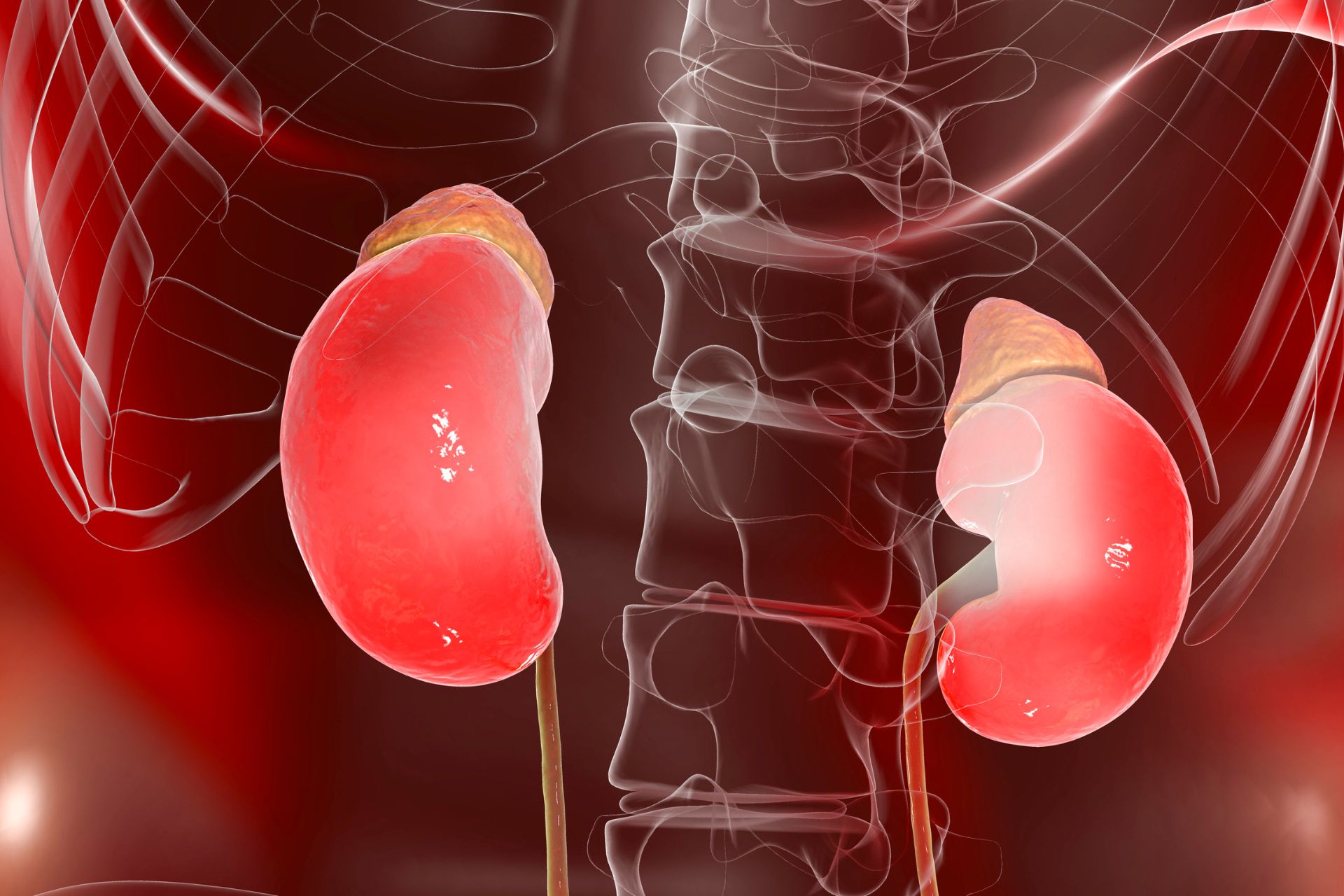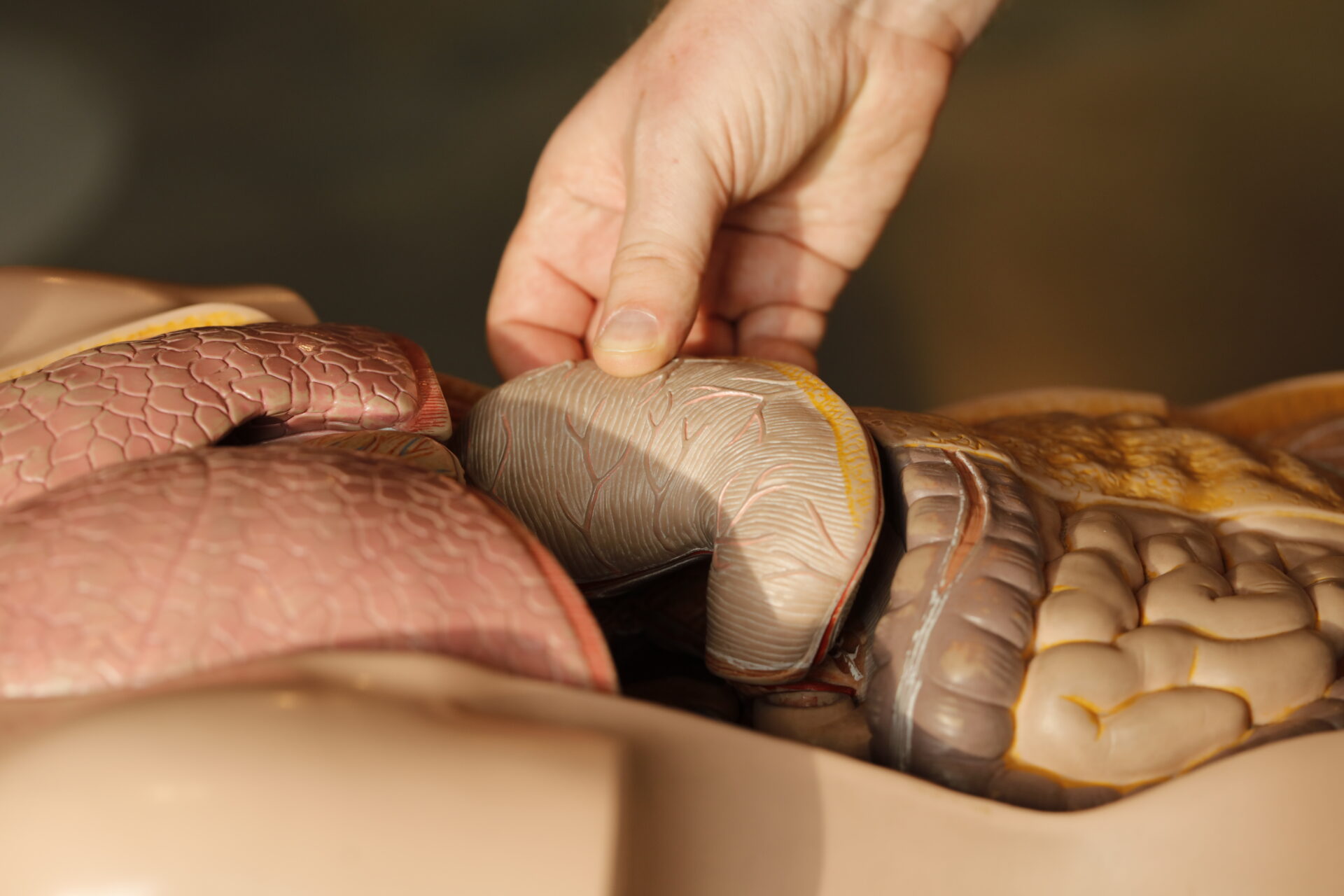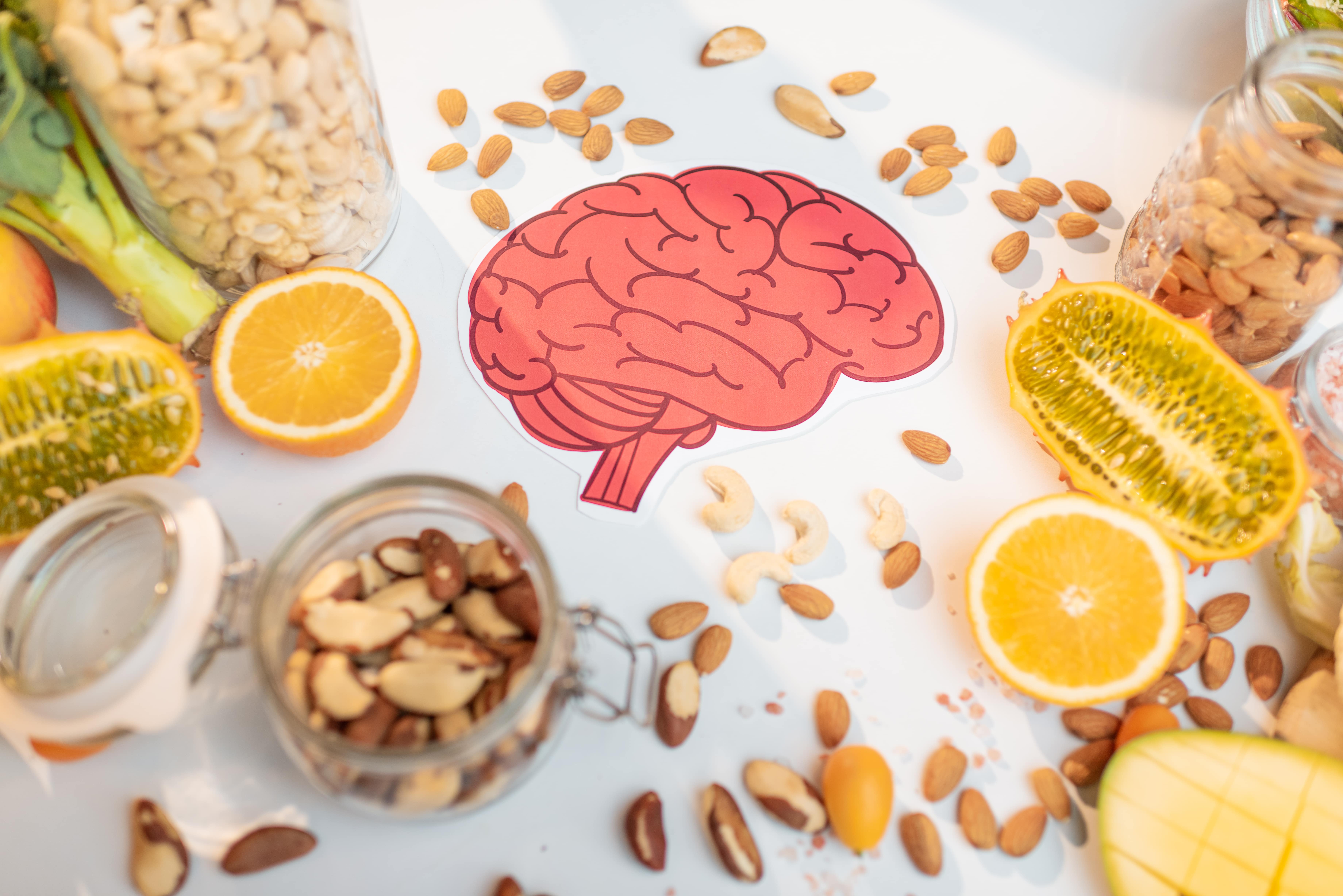Your Health Matters
Don’t take it for granted — look after your health for you and your family!Safety Considerations When Using Complementary Medicines
Complementary medicines include vitamin and mineral supplements, herbal medicines, traditional remedies including Chinese, Ayurvedic and bush medicines, homeopathic preparations, and some nutritional supplements including weight loss products. Just like pharmaceutical...
How Your GP Can Support You in Managing a Chronic Health Condition
If you have a chronic health condition, having ongoing support from your general practitioner (GP) is important. One way they can do this is by preparing a GP Management Plan (GPMP) and, where needed, Team Care Arrangements (TCAs). A GP Management Plan (GPMP) can help...
Coeliac Disease
Coeliac disease is a condition where eating gluten causes an immune reaction in the small intestine, damaging the intestinal wall and reducing its ability to absorb nutrients from food. According to the Coeliac Society, around 1 in 70 Australians have coeliac disease,...
Confused About Carbs?
With so much conflicting information about carbs and the rising popularity of low-carb diets, you may be confused about how and where carbs should fit into your eating plan. Here is a quick overview of the role of carb-containing foods and which foods to consider...
Coffee—Friend or Foe?
If you are one of the many Australians who enjoys a daily coffee (or a few) you may wonder about the impact of this on your health. The good news is that for most adults, regular moderate coffee consumption has several health benefits that appear to outweigh any...
Circadian Health – What It Is And Why It Matters
Your body clock is an internal clock which helps to regulate the timing of different processes in the body, including circadian rhythms. Circadian rhythms follow a roughly 24-hour cycle and regulate things like sleep/wake cycles, body temperature, blood pressure,...
Endocrine-Disrupting Chemicals
Endocrine-disrupting chemicals (EDCs) are chemicals that can interfere with hormones produced in the body. Research suggests that exposure to these chemicals may contribute to a wide range of health problems, from obesity and type 2 diabetes, to reproductive and...
Rheumatoid Arthritis: What It is and How to Manage It
Rheumatoid arthritis is a chronic health condition which causes pain and swelling in your joints. According to the Australian Institute of Health and Welfare (AIHW) about 456,000 Australians (around 1 in 50 people) have rheumatoid arthritis. While it is most common in...
Your Diabetes Annual Cycle of Care
The diabetes annual cycle of care is a checklist for reviewing your diabetes management and general health – if you have diabetes it is recommended that you do this review with your general practitioner (GP) each year. As part of this process, your GP may refer you to...
Managing Metabolic Syndrome with Lifestyle Changes
Metabolic syndrome is a collection of risk factors which together increase the risk of heart disease, stroke and type 2 diabetes. Metabolic syndrome is diagnosed when you have three or more of the following risk factors: Excess weight around the middle (a waist...
Gas and Bloating
Most of us have experienced the occasional episode of bloating, particularly after overeating or eating a rich meal. For some, bloating can occur as a symptom of other digestive disorders, such as Irritable Bowel Syndrome (IBS) or indigestion. But for others, bloating...
The Health Benefits of Eating More Plants
A plant-based diet is one which consists mostly of plant-based foods including fruit, vegetables, legumes, nuts, seeds and grains. This includes both vegetarian and vegan diets, although other types of eating plans, including pescatarian and traditional Mediterranean...
What is Lifestyle Medicine?
Chronic and lifestyle-related conditions are a substantial global, national and individual health issue, now responsible for around 70% of deaths worldwide. This includes conditions such as heart disease, cancer, diabetes, chronic respiratory conditions, chronic...
Telehealth Explained
Telehealth involves having a consultation with your healthcare provider remotely when you can’t see them in person. You can access telehealth services by phone (either mobile or landline) or a video call (on your computer, tablet or mobile phone). Telehealth has been...
Caring for Your kidneys
We can’t survive without our kidneys, yet most of us don’t give them much thought. This is although one in three Australians have risk factors for kidney disease, according to Kidney Health Australia. The main role of our kidneys is to remove waste from the blood and...
How to Maintain a Healthy Brain
The risk of cognitive decline and dementia increases with age. And while age is the biggest risk factor, and genetics also play a part, there is increasing evidence for a link between dementia and lifestyle habits. So, rather than seeing declining cognitive function...
Your Gut Microbiome and Health
The gut microbiome is the community of over 100 trillion microorganisms that live in our gut—mainly bacteria, but also viruses and fungi. They perform a wide range of important functions, many of which we don’t yet fully understand. This includes the digestion of...
Healthy Eating on a Budget
With food costs increasing, you may be paying more attention to what you put in your trolley and how to spend your food dollars. The good news is that you can still eat well without breaking the bank. Here are a few tips to keep both your body and your budget healthy:...


















